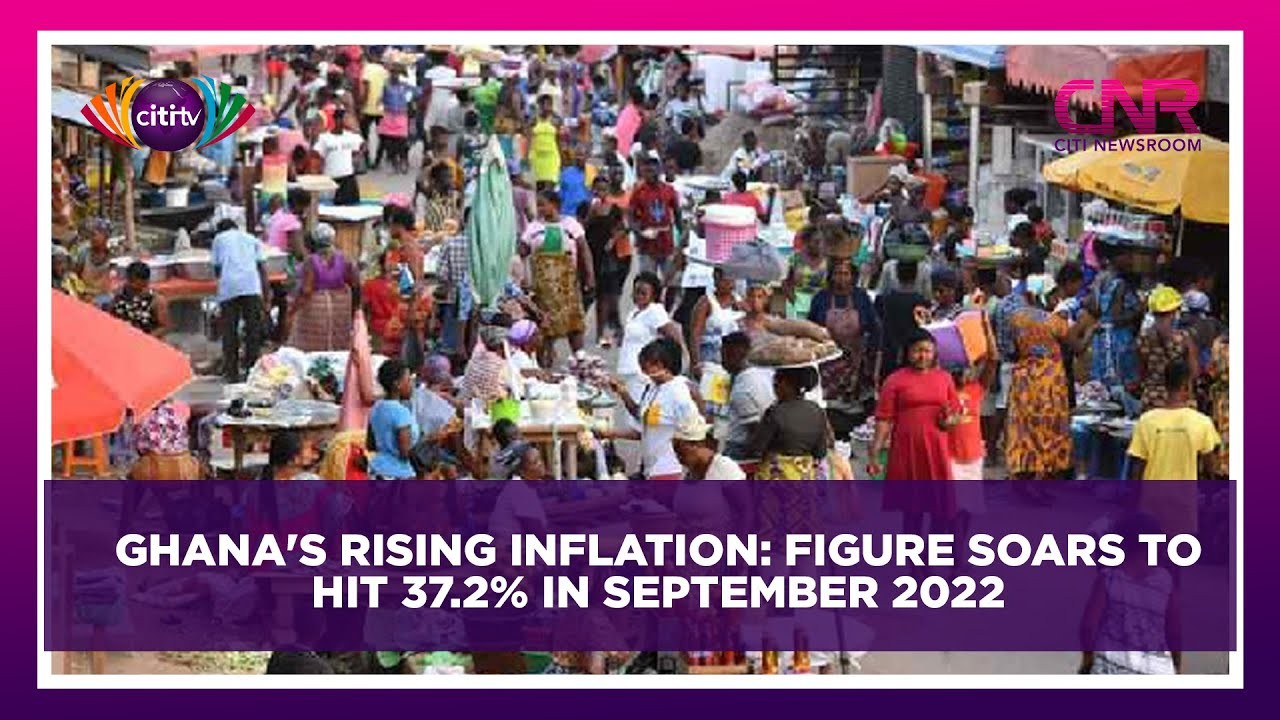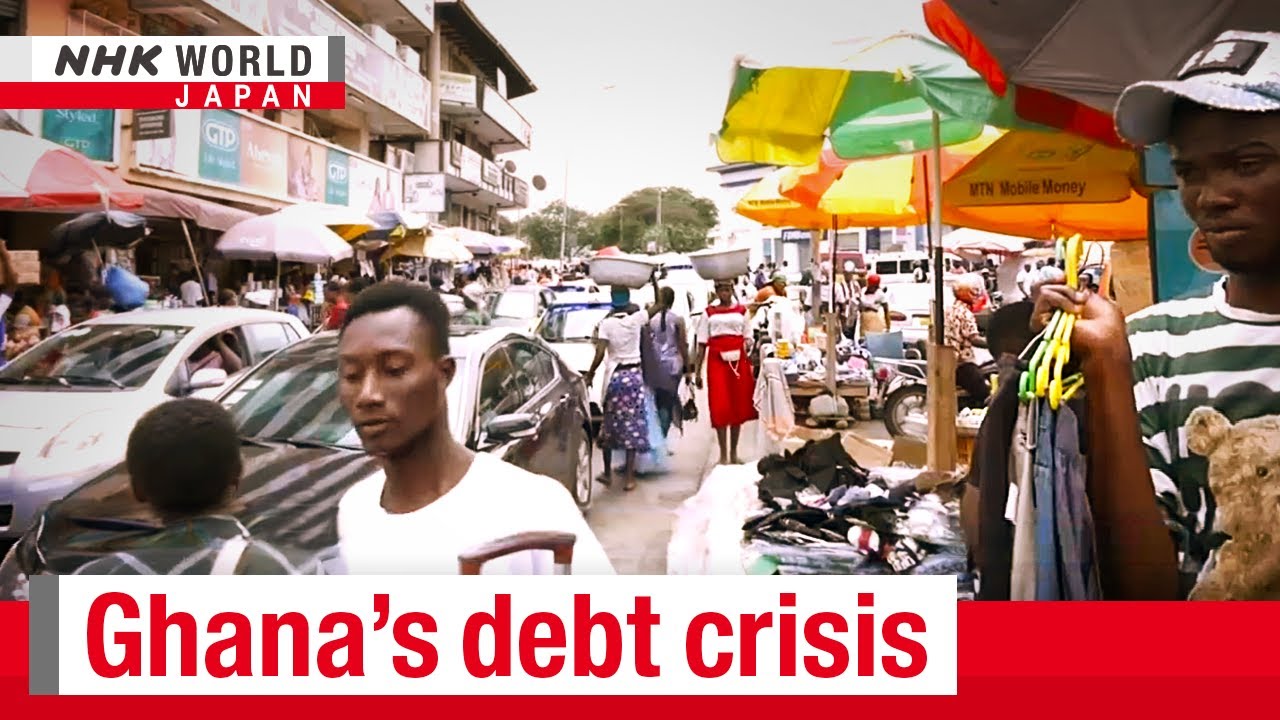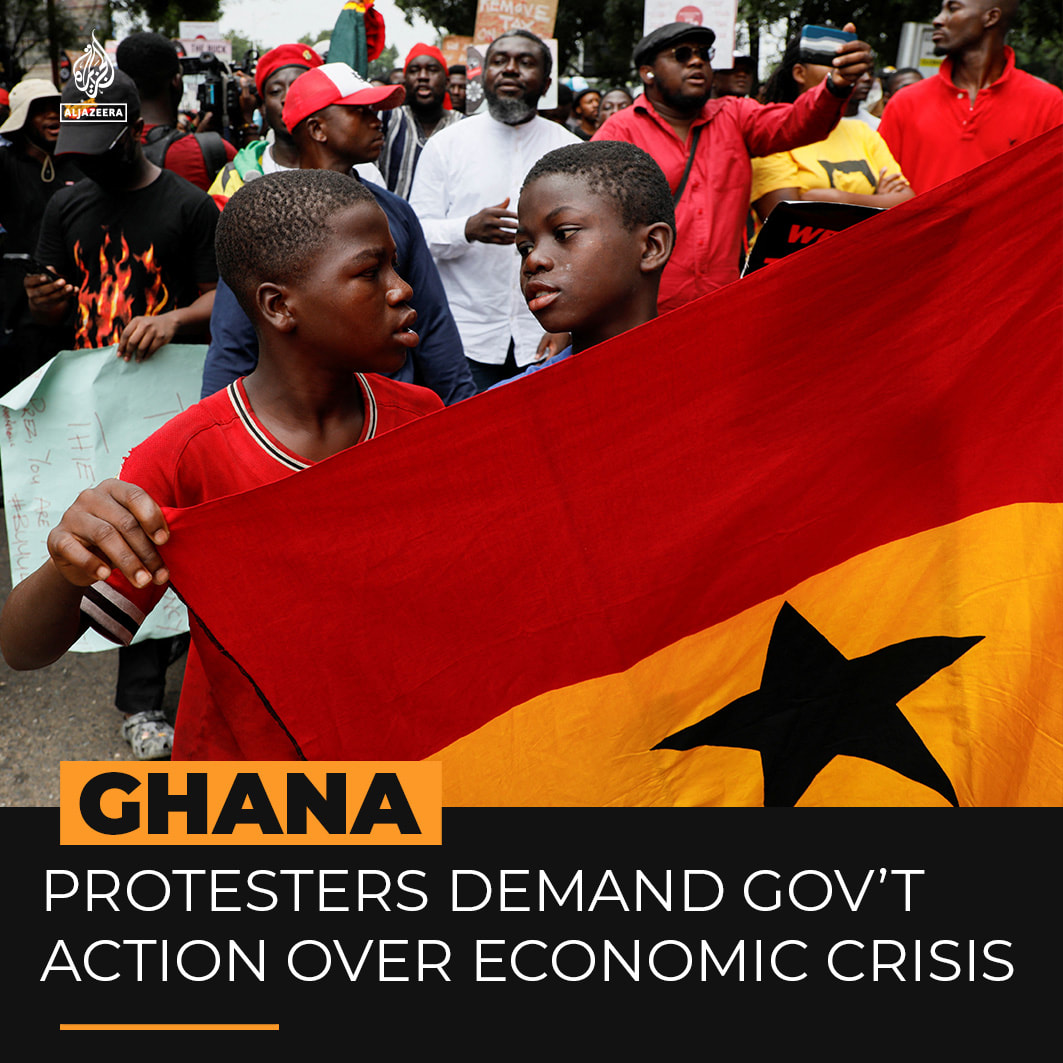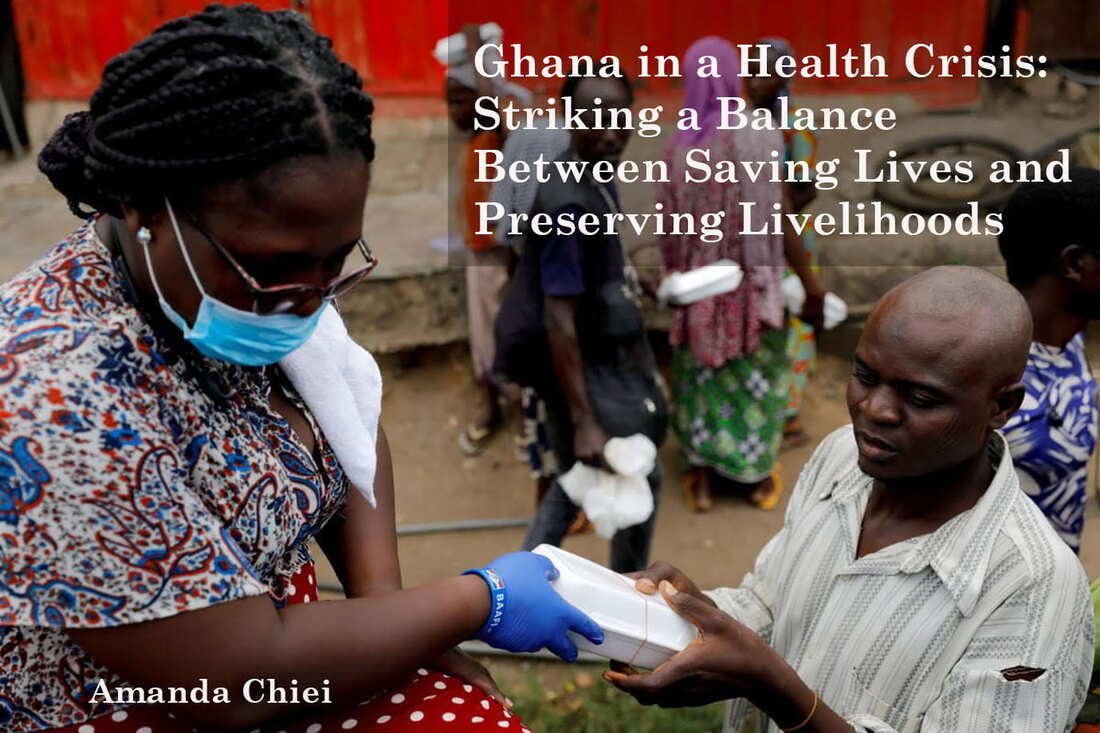28.02.2024
Ghana's Economic Crisis Deepens: Soaring Inflation and Poverty
Ghana's low-income households and working class are feeling the effects of the country's worst economic crisis in decades. Ghana is currently grappling with severe economic challenges that have pushed its population into deeper poverty and worsened the cost of living. General inflation has hit 40.7%, with food inflation reaching an unprecedented 122%. Fuel prices have seen a staggering 600% increase within just two months, severely impacting daily life and business operations. A World Bank report last June revealed that 850,000 Ghanaians had been pushed into poverty, joining the nine million already in that category. Between January and December 2023, year on year inflation rose from 14 to 54 percent, reaching levels unseen since the early 2000s. The currency, the cedi, has lost more than half its value against the dollar. Informal employment accounts for 89 percent of employment nationally, as well. But these workers are generally not covered by pensions, don’t receive cash transfers, and are not beneficiaries of poverty relief programmes. Most Ghanaians have attributed the crisis to government corruption. All of this occurred concurrently with underinvestment in helping the poor to withstand economic shocks. Ghana’s expenditure on debt servicing is four times what it spends on education, eight times more than health spending, and 14 times more than funding for social protections. According to the Ghana Statistical Service, four of five public sector employees earn less than 3,000 Ghanaian cedis ($260) a month. An online survey (skewed towards college-educated single men under 35) conducted by financial analyst Jerome Kuseh also found that more than half of respondents made less than 5,000 cedis a month ($440). At least half of those surveyed had less than 10,000 cedis ($860) as their total life savings.
Credit: TRT WORLD
Credit: TRT WORLD
Poverty deprives people of adequate education, health care and of life's most basic necessities- safe living conditions (including clean air and clean drinking water) and an adequate food supply. The developed (industrialized) countries today account for roughly 20 percent of the world's population but control about 80 percent of the world's wealth.
Poverty and pollution seem to operate in a vicious cycle that, so far, has been hard to break. Even in the developed nations, the gap between the rich and the poor is evident in their respective social and environmental conditions.
Poverty and pollution seem to operate in a vicious cycle that, so far, has been hard to break. Even in the developed nations, the gap between the rich and the poor is evident in their respective social and environmental conditions.










